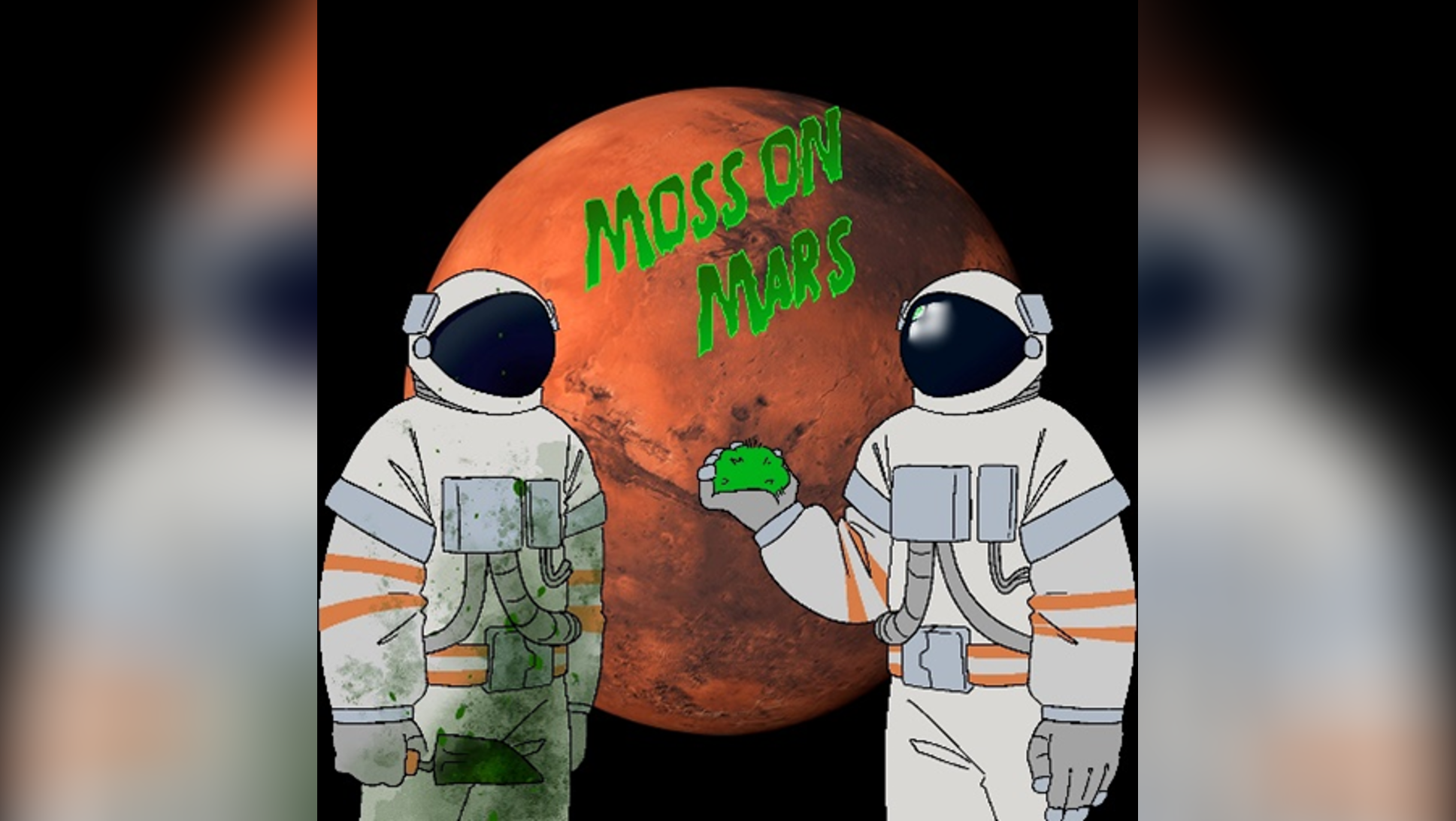Introduction: Bioregenerative Life Support Systems (BLSSs) are closed-loop systems that rely on biological processes, primarily involving plants, algae, and microbes, for sustaining long-term space missions by regenerating essential resources and recycling waste. To reduce dependency on resupply from Earth, these systems require highly efficient biological components capable of performing multiple ecological functions in constrained environments. However, research on potential BLSS components has so far focused predominantly on higher plants and algae, with aquatic bryophytes largely overlooked despite their physiological resilience, simple cultivation, and multifunctional ecological roles. This gap limits the diversification of biological components available for optimizing BLSS efficiency.
Methods: Here, we investigate for the first time the potential This study investigates the potential introduction of aquatic bryophytes (mosses), specifically Taxiphyllum barbieri, Leptodictyum riparium, and Vesicularia montagnei, as biofilters and resource regenerators in BLSSs. Known for their adaptability, simplicity of growth, and high surface-to-volume ratio, mosses are promising candidates for controlled-environment applications. This paper characterizes mosses' performance considering gas-exchange, chlorophyll fluorescence, antioxidant activity, and biofiltration efficiency under two different controlled temperature and light conditions (24°C and 600 μmol photons m-2s-1, 22°C and 200 μmol photons m-2s-1) to determine the most suitable species for the abovementioned purposes.
Results: Results indicate that T. barbieri exhibits the highest photosynthetic efficiency, pigment concentration, and a good biofiltering capacity, making it a promising candidate for integration into BLSSs. Notably, L. riparium exhibited the most effective removal of nitrogen compounds (e.g., total ammonia nitrogen) and heavy metals such as Zn, suggesting a complementary role in water purification within BLSSs.
Discussion: These findings support the utilization of bryophytes in closed-loop ecological systems, with implications for both extraterrestrial and terrestrial applications. By exploring the potential of aquatic mosses, this research offers a novel and potentially advantageous biological component for enhancing the efficiency and safety of space bioreactors. These insights pave the way for future research on moss performance under prolonged stressors, including ionizing radiation, in space-like environments.

